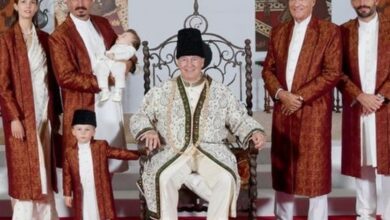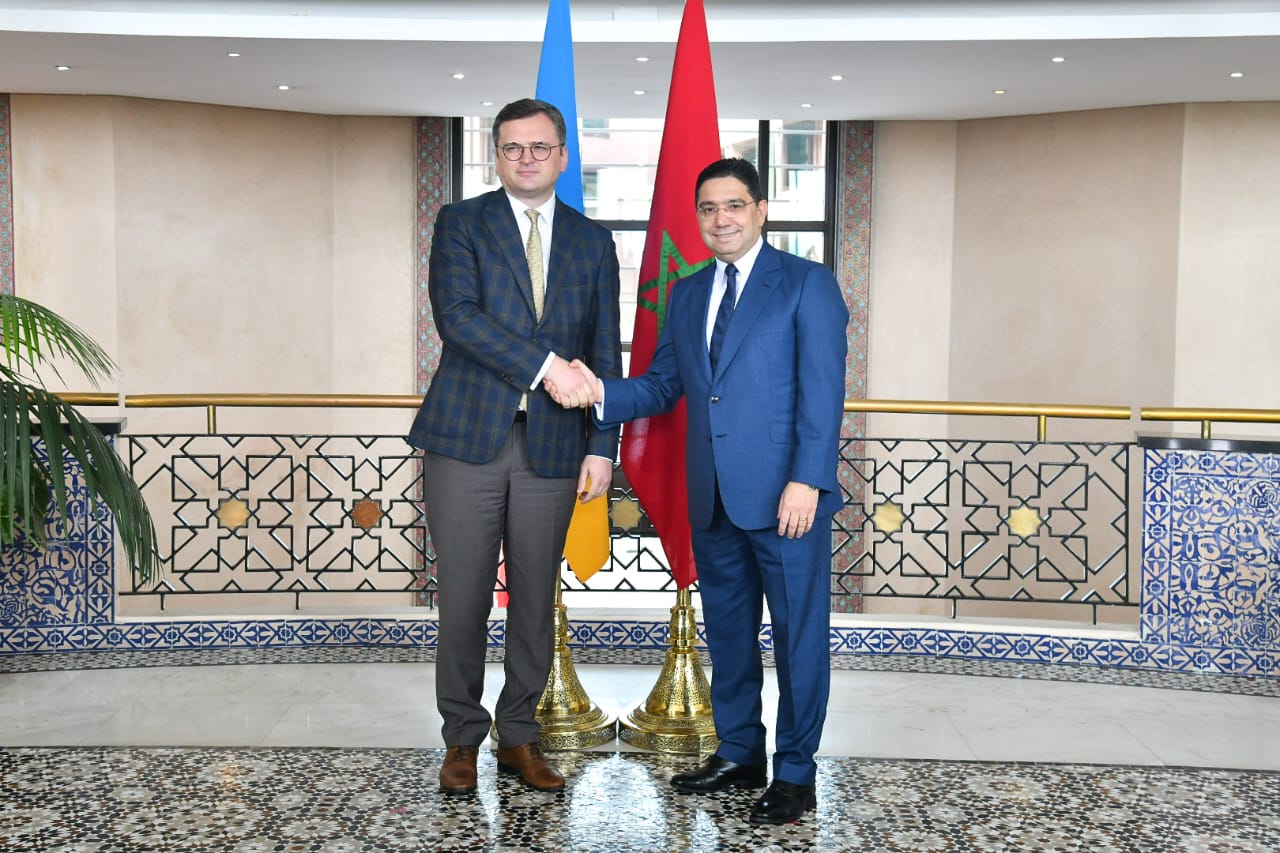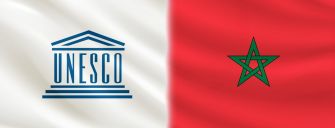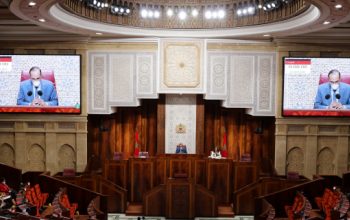Hassan II and Mandela… A Testament to Morocco’s Early Support for South Africa’s Liberation Before Global Recognition
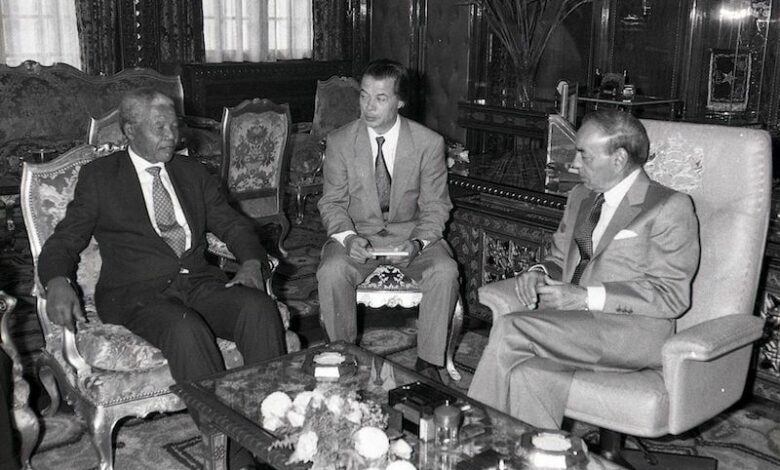
By: Meryem Hafiani | ALDAR
Before Nelson Mandela’s name emerged from the darkness of prison cells onto the world stage, and before nations rushed to honor him as a symbol of freedom and resistance, Morocco—under the leadership of the late King Hassan II—was among the very first to support his cause, at a time when many hesitated to even mention his name.
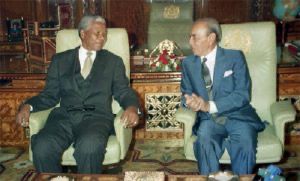
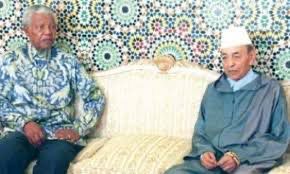
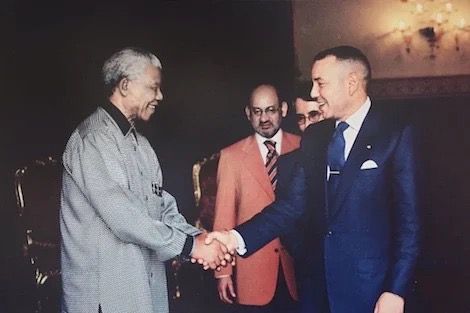
In the 1960s and 1970s, when the apartheid regime in South Africa was enforcing the most brutal forms of racial segregation, Morocco did not hesitate to extend a helping hand to the African National Congress (ANC), of which Mandela was one of the most prominent leaders. This support was neither symbolic nor limited to statements of solidarity—it took tangible form through the provision of training, financial aid, and diplomatic backing for the activists, along with political shelter on the international stage.
King Hassan II took a courageous stance during a highly sensitive period. He firmly believed in the justice of the anti-racism struggle and considered the liberation of South Africa an integral part of the broader African liberation movement that Morocco had been contributing to since its own independence. Rabat maintained strong relations with ANC leaders during the peak of their global isolation and opened its doors to exiles and freedom fighters.
Mandela himself never forgot this stance. He acknowledged it on several occasions after his release, emphasizing that Morocco was not just a political ally but a pillar of African resilience in the face of an oppressive racist regime. During his official visit to Rabat in the 1990s, Mandela insisted on meeting King Hassan II to personally express his deep gratitude, describing Morocco’s support as “a rare kind in a time when true friends were scarce.”
This historic support Morocco extended to Mandela was not a passing gesture of solidarity, but rather reflected a strategic vision that saw Africa’s stability and the liberation of its peoples as a collective interest—one that required courage and clarity. Today, as Moroccan diplomacy and its continental roles are being re-examined, the relationship between Hassan II and Mandela remains a powerful testament to Morocco’s early commitment to the causes of freedom and dignity in Africa—far from fleeting calculations or short-term gains.

